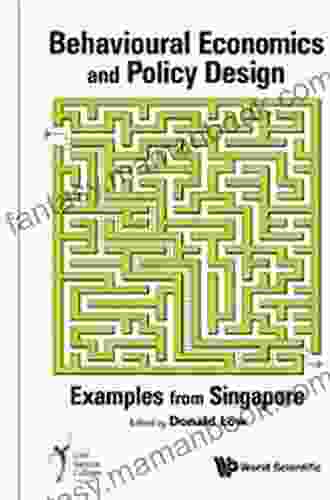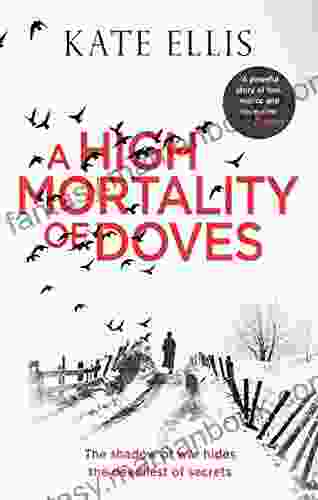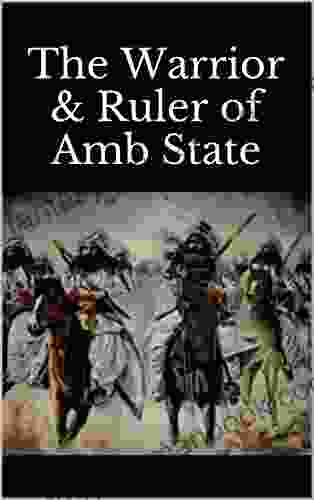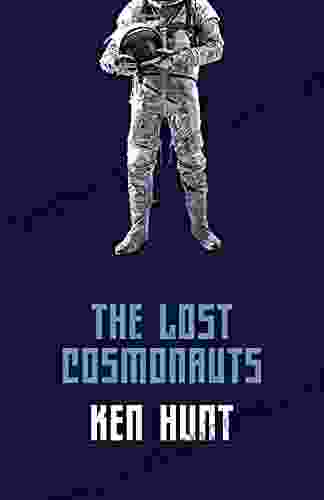Behavioral Economics and Policy Design: Examples From Singapore

4 out of 5
| Language | : | English |
| File size | : | 3721 KB |
| Text-to-Speech | : | Enabled |
| Screen Reader | : | Supported |
| Enhanced typesetting | : | Enabled |
| Word Wise | : | Enabled |
| Print length | : | 216 pages |
Behavioral economics is a field of study that combines insights from psychology and economics to understand how individuals make decisions. By incorporating psychological principles, behavioral economics acknowledges that people's cognitive biases, emotions, and social influences can significantly impact their economic choices. This understanding has led to a shift in how policymakers design policies, aiming to encourage more rational and beneficial decisions.
Singapore has emerged as a leader in applying behavioral economics principles to policy design. The government has established a dedicated Behavioral Sciences Unit within the Prime Minister's Office to leverage behavioral insights in addressing various public policy challenges. In this article, we will explore some notable examples of how Singapore has successfully used behavioral economics in policy design, highlighting the principles and strategies employed to achieve positive outcomes.
1. Promoting Healthy Food Choices
Nudging for Health: To encourage healthier food choices among its citizens, the Singapore government employed a "nudge" strategy. In 2015, traffic light labels were introduced on food packaging, displaying red (unhealthy),amber (moderately healthy),and green (healthy) labels based on nutritional content. This simple yet effective visual cue helped consumers make informed decisions and reduce their intake of unhealthy foods.
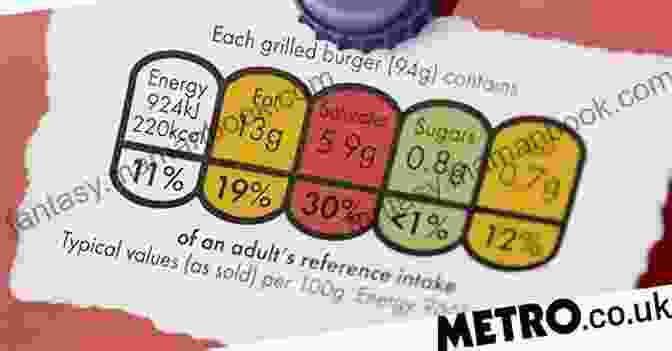
2. Reducing Smoking Prevalence
Choice Architecture in Smoking Cessation: Singapore has taken a comprehensive approach to curb smoking rates. One key initiative is the Smoke-Free National Service (NSF) program, which bans smoking in all military camps and during all training for National Service recruits. This stark choice architecture limits smoking opportunities, making it harder for recruits to maintain the habit.
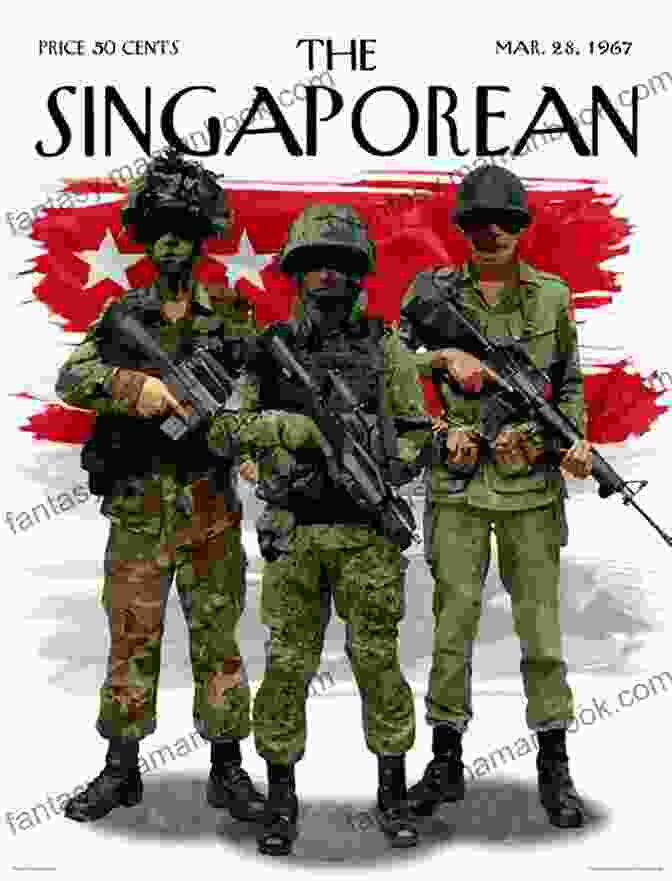
3. Encouraging Retirement Savings
Defaults and Automatic Enrollment: Singapore's Central Provident Fund (CPF) is a mandatory retirement savings scheme. Behavioral economics principles have been integrated into the CPF system through the use of defaults and automatic enrollment. By making saving the default option and automatically enrolling employees, the government has helped individuals overcome inertia and increase their retirement savings.

4. Improving Blood Donor Participation
Leveraging Social Norms: Singapore has successfully employed social norms to increase blood donor participation. The Blood Bank uses a "blood donor register" where people can publicly pledge their commitment to donate blood. Displaying the register in hospitals and other public spaces creates a social pressure to donate, encouraging more individuals to engage in this life-saving act.
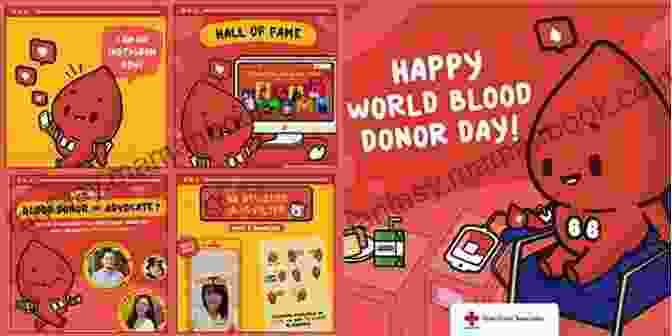
5. Promoting Sustainable Behavior
Gamification and Rewards: To encourage sustainable behavior, Singapore has implemented a "Go Green" program that uses gamification techniques. Residents earn points for eco-friendly activities such as recycling, taking public transport, and conserving water. These points can be redeemed for rewards, thereby creating incentives for individuals to make more sustainable choices.

Singapore's innovative approach to applying behavioral economics in policy design has yielded significant results. By understanding and addressing human cognitive biases and behavioral patterns, policymakers have been able to craft policies that nudge individuals towards more rational and beneficial choices. The examples highlighted in this article demonstrate the power of behavioral insights in shaping public policy and improving the lives of citizens.
As the field of behavioral economics continues to evolve, we can expect even more innovative and effective policy interventions in the future. By embracing behavioral principles, policymakers can design policies that better align with human behavior, leading to improved outcomes for society.
4 out of 5
| Language | : | English |
| File size | : | 3721 KB |
| Text-to-Speech | : | Enabled |
| Screen Reader | : | Supported |
| Enhanced typesetting | : | Enabled |
| Word Wise | : | Enabled |
| Print length | : | 216 pages |
Do you want to contribute by writing guest posts on this blog?
Please contact us and send us a resume of previous articles that you have written.
 Top Book
Top Book Novel
Novel Fiction
Fiction Nonfiction
Nonfiction Literature
Literature Paperback
Paperback Hardcover
Hardcover E-book
E-book Audiobook
Audiobook Bestseller
Bestseller Classic
Classic Mystery
Mystery Thriller
Thriller Romance
Romance Fantasy
Fantasy Science Fiction
Science Fiction Biography
Biography Memoir
Memoir Autobiography
Autobiography Poetry
Poetry Drama
Drama Historical Fiction
Historical Fiction Self-help
Self-help Young Adult
Young Adult Childrens Books
Childrens Books Graphic Novel
Graphic Novel Anthology
Anthology Series
Series Encyclopedia
Encyclopedia Reference
Reference Guidebook
Guidebook Textbook
Textbook Workbook
Workbook Journal
Journal Diary
Diary Manuscript
Manuscript Folio
Folio Pulp Fiction
Pulp Fiction Short Stories
Short Stories Fairy Tales
Fairy Tales Fables
Fables Mythology
Mythology Philosophy
Philosophy Religion
Religion Spirituality
Spirituality Essays
Essays Critique
Critique Commentary
Commentary Glossary
Glossary Bibliography
Bibliography Index
Index Table of Contents
Table of Contents Preface
Preface Introduction
Introduction Foreword
Foreword Afterword
Afterword Appendices
Appendices Annotations
Annotations Footnotes
Footnotes Epilogue
Epilogue Prologue
Prologue Rebecca S Natow
Rebecca S Natow Caeara Myracle
Caeara Myracle Rachel Oates
Rachel Oates Katherine Hall Page
Katherine Hall Page L Saha
L Saha Robert Tracy Mckenzie
Robert Tracy Mckenzie Sonia Sanchez
Sonia Sanchez Metin Bektas
Metin Bektas Lindsay M Chervinsky
Lindsay M Chervinsky Leona Deakin
Leona Deakin Veronica Mixon
Veronica Mixon Bruce Goldstone
Bruce Goldstone Evelyn S Johnson
Evelyn S Johnson David Hammerbeck
David Hammerbeck Margery Williams
Margery Williams Leanna Brodie
Leanna Brodie J D Robb
J D Robb Stephanie Osborn
Stephanie Osborn Ann Alston
Ann Alston S A Barnes
S A Barnes
Light bulbAdvertise smarter! Our strategic ad space ensures maximum exposure. Reserve your spot today!

 W. Somerset MaughamDonald Courage: Unraveling the Enigmatic Realm of Dan Abnett's Warhammer...
W. Somerset MaughamDonald Courage: Unraveling the Enigmatic Realm of Dan Abnett's Warhammer... Enrique BlairFollow ·10.9k
Enrique BlairFollow ·10.9k Forrest BlairFollow ·15.7k
Forrest BlairFollow ·15.7k Brian BellFollow ·2.9k
Brian BellFollow ·2.9k Shane BlairFollow ·6.2k
Shane BlairFollow ·6.2k Galen PowellFollow ·9.3k
Galen PowellFollow ·9.3k Alfred RossFollow ·10k
Alfred RossFollow ·10k Stanley BellFollow ·17.1k
Stanley BellFollow ·17.1k Cortez ReedFollow ·18k
Cortez ReedFollow ·18k
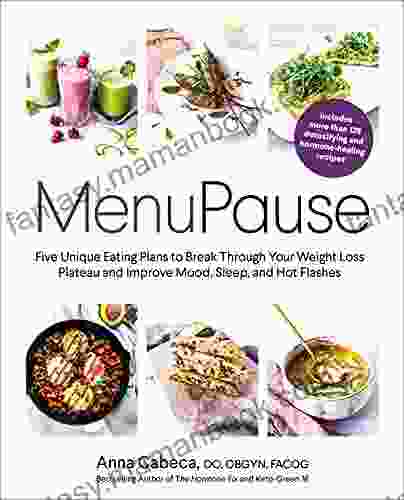
 Roland Hayes
Roland HayesFive Unique Eating Plans to Shatter Your Weight Loss...
Weight loss journeys can be a rollercoaster...

 Gustavo Cox
Gustavo CoxThe Small Habits Revolution: How Tiny Changes Can...
Are you ready to...

 Herman Mitchell
Herman MitchellVisit Alook Cool Place In Outer Space Let Explore The...
Welcome to the World Series...

 Hassan Cox
Hassan CoxGaunt's Ghosts Omnibus: A Comprehensive Guide to the Epic...
Prepare to embark on an...
4 out of 5
| Language | : | English |
| File size | : | 3721 KB |
| Text-to-Speech | : | Enabled |
| Screen Reader | : | Supported |
| Enhanced typesetting | : | Enabled |
| Word Wise | : | Enabled |
| Print length | : | 216 pages |


